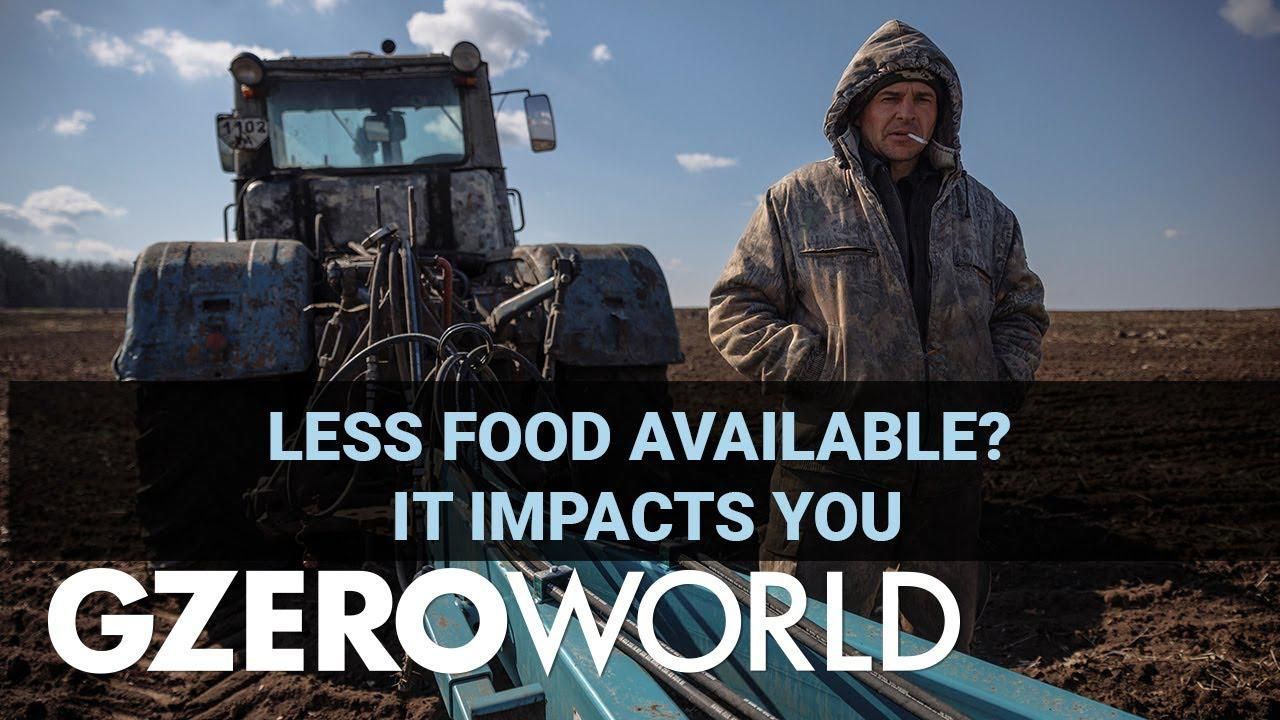GZERO World Clips
War in Ukraine: cascading impacts on global food supply

War in Ukraine: Cascading Impacts on Global Food Supply | GZERO World

Russia's war in Ukraine has created a perfect storm for global food security, Ertharin Cousin, former head of the UN World Food Programme, tells Ian Bremmer on GZERO World.
And it's not just that the prices of things like corn or wheat have doubled. Transport costs are up because gas is more expensive, while supplies of fertilizer are down for the same reason.
The food crisis is affecting not only those countries that import stuff from Russia and Ukraine but the entire world. Why? Because these are all global commodities.
What's more, the worst might be yet to come because agriculture is a seasonal business.
"We're not talking about a short term problem here," Cousin says. "This is a long, much longer term of potential food challenge."
Watch the GZERO World episode: A perfect storm of food insecurity: a problem for all of us
Global conflict was at a record high in 2025, will 2026 be more peaceful? Ian Bremmer talks with CNN’s Clarissa Ward and Comfort Ero of the International Crisis Group on the GZERO World Podcast.
Think you know what's going on around the world? Here's your chance to prove it.
Indian Prime Minister Narendra Modi isn’t necessarily known as the greatest friend of Muslim people, yet his own government is now seeking to build bridges with Afghanistan’s Islamist leaders, the Taliban.
The European Union just pulled off something that, a year ago, seemed politically impossible: it froze $247 billion in Russian central bank assets indefinitely, stripping the Kremlin of one of its most reliable pressure points.